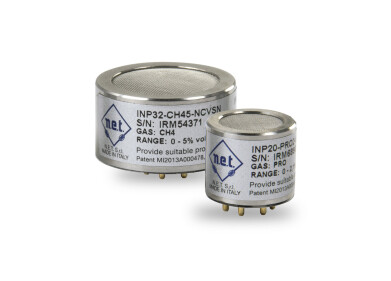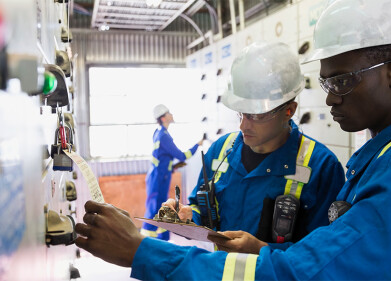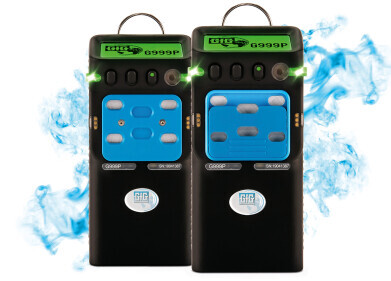-
 Preventative measures can help to reduce methane leaks during the transport of natural gas
Preventative measures can help to reduce methane leaks during the transport of natural gas
Gas detector
Methane leaks from fracking could be less than originally estimated
Apr 29 2013
The estimates regarding how much methane leaks during the process of fracking have been reduced by the Environmental Protection Agency (EPA). This means that fracking could prove to be vastly beneficial in the fight against climate change.
Companies that currently use the fracking technique to release natural shale gas have been pushing for the re-estimation in the rate of methane leaks. Methane can leak from pipelines and wells throughout the production of gas and its delivery, however as accurate measures cannot be made on how much methane is leaking, past estimates have been on the high side - possibly as a precaution.
Michael Shellenberger, president of the Breakthrough Institute, said: "This is great news for anybody concerned about the climate and strong proof that existing technologies can be deployed to reduce methane leaks."
Natural gas production has increased by almost 40 per cent since 1990. This is mainly due to the use of fracking, allowing areas that were previously untapped to be used for natural gas production. The revision in the EPA estimates does not reflect this increase, showing that fracking for natural gas is not as damaging to the fight against emissions as previously thought.
Methane leaks can also be reduced further by the implementation of preventative technology and practices - such as using better gaskets, monitoring systems and regular maintenance. Companies will be better off by implementing preventative measures, as - not only will they reduce methane leaks - they will end up with more natural gas to sell, making the investments cost effective.
The overall EPA revisions show around a 20 per cent reduction in the amount of methane emissions during the period of 1990 to 2010. The new report shows that on average the amount of methane emissions has decreased by around 41.6 million metric tonnes each year - more than 850 million metric tonnes throughout the 20-year period overall. The EPA converts methane emissions into their equivalent measurements in carbon dioxide, which is standard scientific practice. This decrease has been attributed to the tighter pollution controls that the industry has implemented.
Digital Edition
PIN 25.6 Buyers' Guide
January 2025
Buyers' Guide Directory - Product Listings by Category - Suppliers Listings (A-Z) Articles Analytical Instrumentation - ASTM D7042: The Quantum Leap in Viscosity Testing Technology -...
View all digital editions
Events
Jan 25 2025 San Diego, CA, USA
SPE Hydraulic Fracturing Technology Conference and Exhibition
Feb 04 2025 The Woodlands, TX, USA
Feb 05 2025 Guangzhou, China
Trinidad and Tobago Energy Conference 2025
Feb 10 2025 Point Lisas, Trinidad
Feb 11 2025 Lagos, Nigeria


















